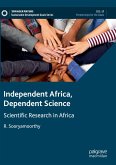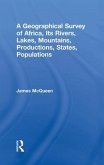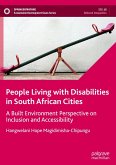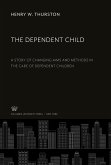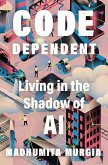This book offers an examination of Africa's scientific landscape based on extensive empirical data encompassing fifty-four African countries. It traces the evolution of science on the continent, highlighting research areas, global partnerships, funding sources, research capacity, and the impact of science policies. Acknowledging that Africa relies heavily on external sources, particularly from the Global North, for scientific research, the book identifies and addresses obstacles hindering self-reliance and underscores the urgent need for revitalized partnerships and cooperation to bolster Africa's scientific autonomy. It offers valuable recommendations to promote self-reliance, making it an indispensable resource for scholars, policymakers, and practitioners.
"I enjoyed reading Prof. Sooryamoorthy's book, Independent Africa, Dependent Science. It is a thorough piece of work that has been carefully written and skilfully edited. I recommend it as a good read for all those interested in science at the system level and particularly in the science systems of Africa. I would like to take the liberty to recommend it as vital, even compulsory, reading for those in leadership positions in government departments focused on science ... ." (Robin Drennan, South African Journal of Science, Vol. 120 (7-8), July-August, 2024)


